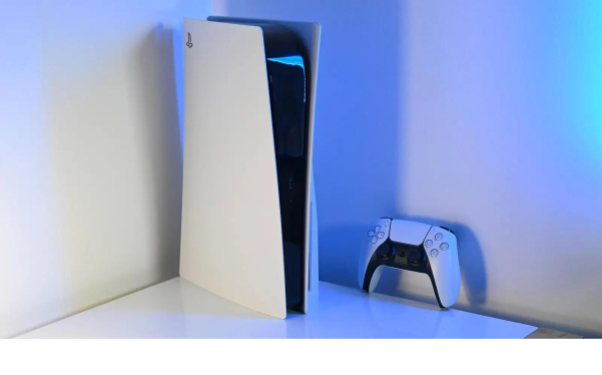
It was hardly earth-shattering news, but in January of this year, the European Commission hit Valve, Namco, Capcom, and several other games, publishers, with fines worth a total of €7.8 million. The crime? Geo-blocking to stop Europeans from benefitting from geo-pricing. The case took a few years to be sorted out, and some companies got reduced fines for co-operating, but it’s not really clear if a line has been drawn in the sand.
By geo-pricing, we mean the practice of modifying the cost of something based on location. In Estonia, for example, the cost of living is a lot lower than in France. So, the price of beer in Tallinn will be a lot lower than it is in, say, Paris. In turn, international beer companies will likely lower their prices to sell to Estonian bars compared to French ones. That’s geo-pricing. And Valve and several others were following the same pattern. In short, some Eastern European countries were getting cheaper games than others in the west, where the cost of living is a lot higher.
Now, there is no problem with geo-pricing, as such. It’s done all over the world, and it impacts everything from iPads to ice creams. But Valve and the other publishers did not want Europeans making cross-border purchases to avail of those cheaper prices. So, they decided to restrict the activation keys for the games bought in Hungary, Estonia, and so on, meaning they could only be activated for Valve’s Steam platform in those countries. That’s geo-blocking.
EU can fine up to 10% of revenue
But the problem is the European Union, and its single market, which includes digital services. In sum, you can sell to EU countries at whatever price you like, but you can’t stop other Europeans (who are also in the EU) from accessing that market, even if it is for a digital service.
So, where does this leave us? Can you still get cheaper games in parts of Europe? It’s worth noting that the case dates back to practices between 2010 to 2015 (these things take a long time in the courts), and most Eastern Europeans will tell you that prices have risen since then. The EU can hit companies with a hefty fine of up to 10% of revenue for breaking competition law, so you can bet that Valve and the others will not want to rock the boat too much. However, while some gamers might disagree, there doesn’t seem to be enough of a price difference these days to make the purchase worth it.

New consoles can cost double in South America
But beyond the EU and beyond video games, there are some instances of geo-pricing worth looking into these days. In particular, the pricing of next-generation consoles in terms of regional location is incredibly diverse. You might need to use a VPN, and this page has more information on using options like UltraVPN to spoof your location, but you can understand why some people would want to take these measures to make a big saving when forced to pay twice as much for a PS5 or Xbox.
For the PS5, for example, the price is somewhere in the region of $383 in Japan. In Brazil, it is $790. In fact, in South America generally, the cost of the PS5 is obscenely high. This is down to what’s called the PAL (Ports and Airports Development Levy) tax, which is high in many South American countries (as much as 63%). So, it’s not down to Sony wanting to profit from or punish the average Brazilian gamer in some way. But you can understand why some enterprising South Americans will want to use a VPN to pretend to be somewhere else in order to save 400 bucks on a console.
While those console price differences are stark, the price of gaming generally is standardizing globally. You will still find some differences, sure. But have a look around forums like Reddit, and you will see people complaining about the price of the games: Not that they are different, but that they are (nearly) all the same. As such, the EU’s fine for Valve, Namco et al., probably doesn’t matter. The industry has changed since then.
-
 Guest Reporter
Guest Reporter
Sort by:
Comments :0





